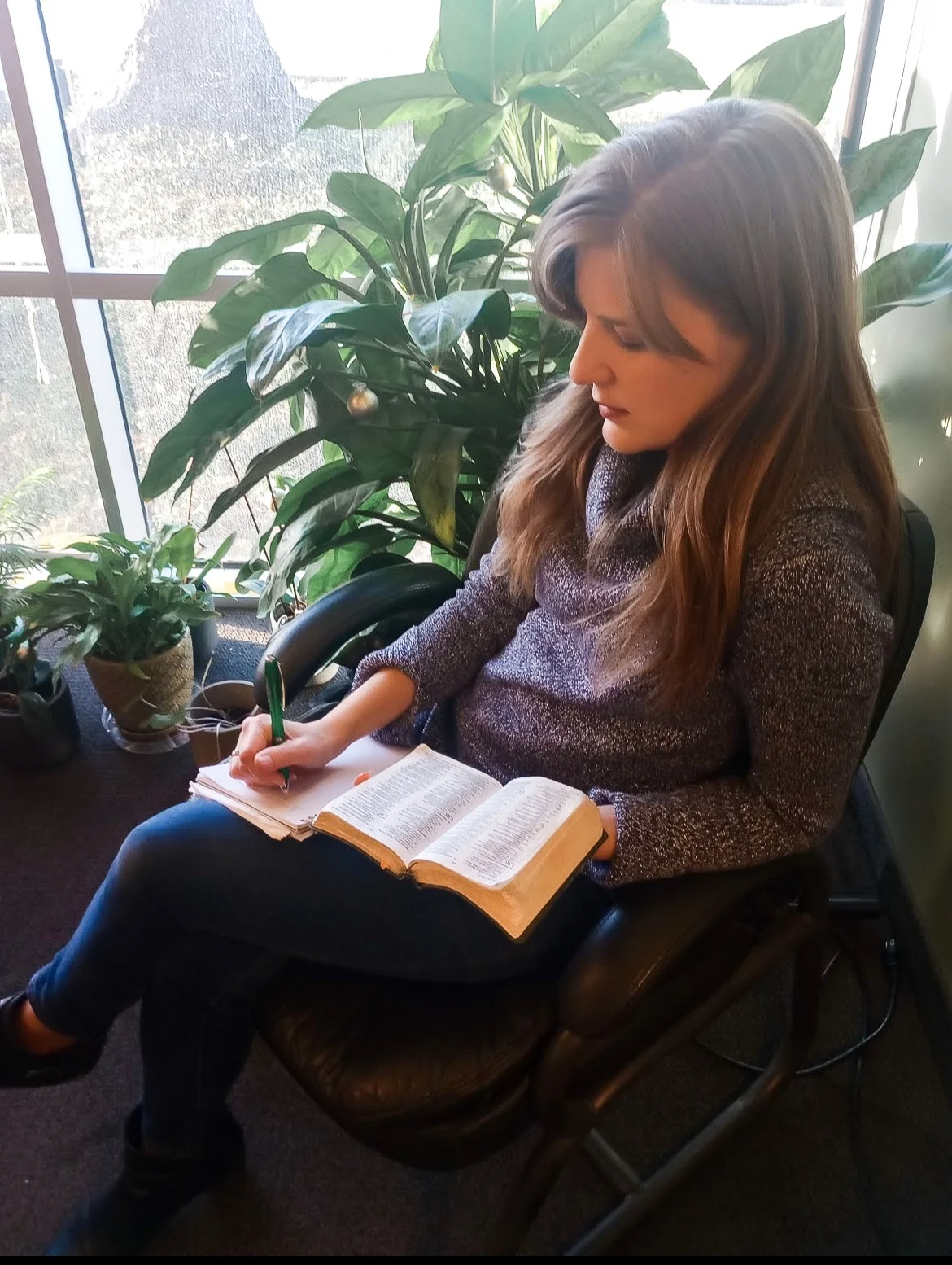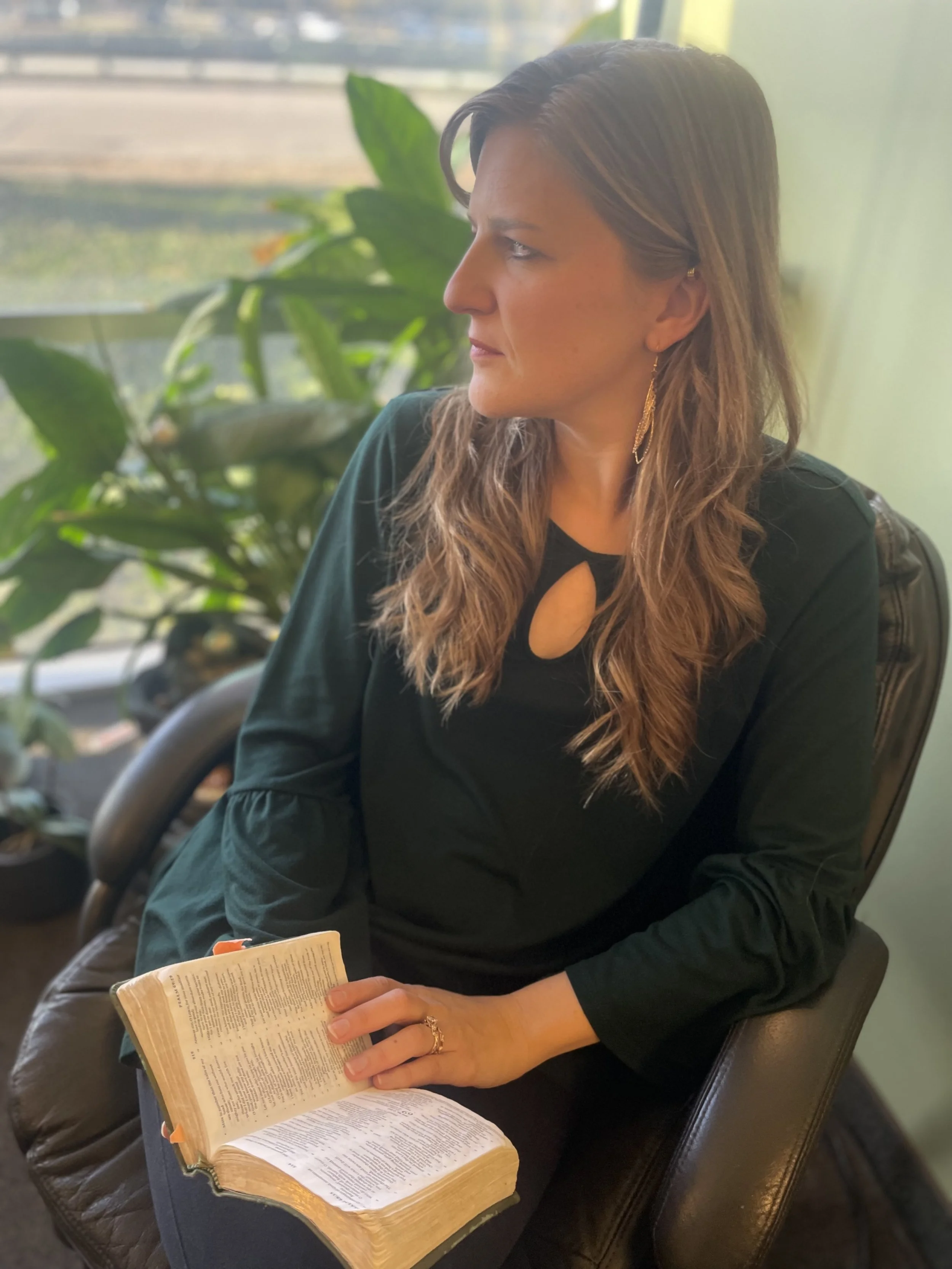BLOG

The Tension of Singleness
He pointed out that God made us to be in relationship and that longing to be in a relationship—as long as that desire is submitted to Jesus—is actually a good, healthy thing. There is not some hyper spiritual “arrival” of not wanting a relationship or marriage. This is a healthy tension in singleness—pursuing both satisfaction in Jesus while also pursuing healthy relationships submitted to Jesus. This paradigm shift was a helpful reframe to me in my singleness.

“The Gap” of OCD: Part Three
In part one and two, we have begun to look at the diagnosis of OCD through the lens of “the Gap” as a disarming way for both sufferers and helpers to learn about the experience of an often-misunderstood diagnosis from a holistic, clinical, and Biblical lens. Defining and using the term OCD is as important as the use of other medical terminology in order to properly assess and treat it as the unique diagnosis that it is. If the Gap of OCD is treated like other kinds of anxieties or struggles, this can causeincredible damage (both in mental health circles and in spiritual circles-more on this topic to come in the future!).

“The Gap” of OCD: Part Two
In Part One, we discussed the experience of “the gap” of OCD. You may feel irresponsible and be gripped with terror if you do not “close” this “gap.” It is an internal crater between what is certain and what is not or between who you fear yourself to be and who you desire yourself to be or who you think God desires you to be. You feel responsible for having certain thoughts, images, doubts, or urges and feel responsible for understanding them and getting rid of them. And maybe you have tried. You’ve tried confessing, tried praying, maybe even tried researching for answers from Scripture, tried talking about it with others, maybe journaled, or even gone to counseling. But you are beginning to feel stuck on a chronic loop. And it’s one that others in your life—even those with the best intentions of being helpful, even in spiritual ways— are either helplessly riding along with you or unknowingly pulling you into or feeding into.

“The Gap” of OCD: Part One
Who of any of us has not experienced at one time or another, the feeling of being anxious about something? I (Rachel) would invite you to be curious and let that normal human experience open up a relatable conversation about a specific kind of anxiety that you or someone you care about may be experiencing. I have had my own (ongoing) 20 + year journey with a hidden condition and am also a counselor who now clinically treats others with this same condition. I am both a sufferer and a helper passionate about addressing both groups as I share from my personal and professional experiences. Out of my own journey with this hidden condition of OCD (and treatment with my own counselor) came the concept and experience of “the gap” and is a way that I often describe the condition of OCD, especially to those who may not be aware of this hidden condition (especially the kinds of OCD I speak about) or may have hesitancy around using the mental health diagnostic term of OCD.

Welcome BACK!
Welcome (back) to the RLC blog- as it has been a while since I (Rachel) have written here, I wanted to give a brief overview of where we have been and where we are going with the hope that you will join along! You have a story that is unique to you. My hope and prayer is that as your story intersects with ours here at RLC –whether as a client, loved one, therapist, pastor, church staff, ministry leader, or other helper— you will be loved, seen, heard, and known as we help equip you with holistic mental health resources for yourself or someone you are serving.

Grief Relatable
What sorrows do you carry? The ones that leave you breathless, with gut-wrenching, unanswerable questions? I went through a personal loss earlier this year that left me with a shattered world and many questions.

Weary from 2020? Advent is for you!
If you wonder what could this season of Christmas possibly give you this year in light of all of that, I invite you to take a brief moment to pause to ask what this advent season (the season of celebrating Christ's birth) could give to us.

Your Struggle: A Place of Embrace
What if we all took our masks off and recognized that the worst parts of ourselves are made beautiful because He embraces us? What if this struggle was not something to silence but something to channel to further embrace God's embrace?

An Invitation for Emotions
Are you feeling tired, worn down, anxious, depressed, or spiritually thirsty right now in the middle of our messy world? Whether you are feeling alone and isolated in this season because of lack of social interaction or are feeling burned out from too much interaction with the people around you or are a combination of both, the Psalms in Scripture offer an authentic place for us to voice our cares, questions, and feelings.

The Beauty of Uncertainty
What does it practically look like to rest in the certainty of God's character in the midst of uncertainty? Sometimes in the face of uncertainty the bravest, most God-glorifying thing that we can do is to just "do the next thing" (a quote often used by Elisabeth Eliot). It doesn't have to look radical.
